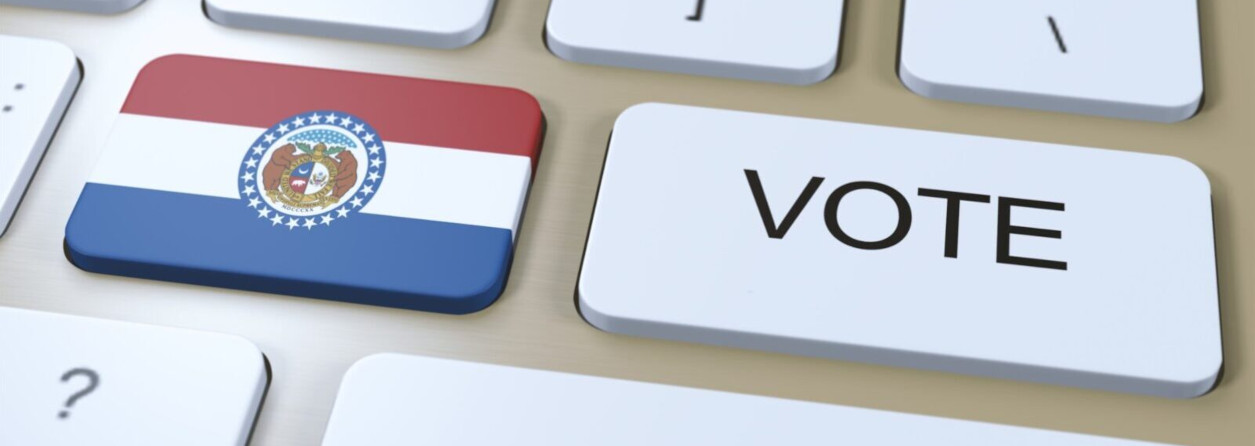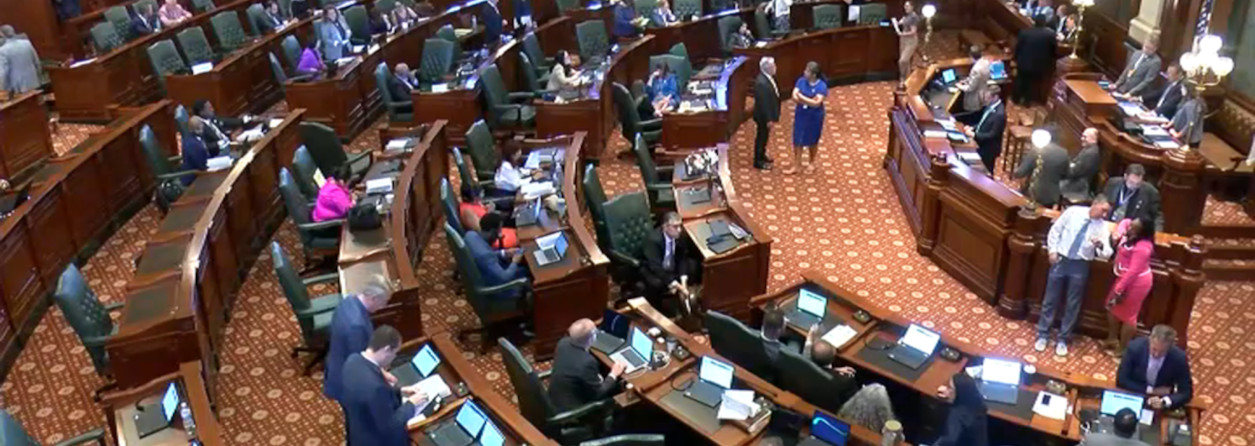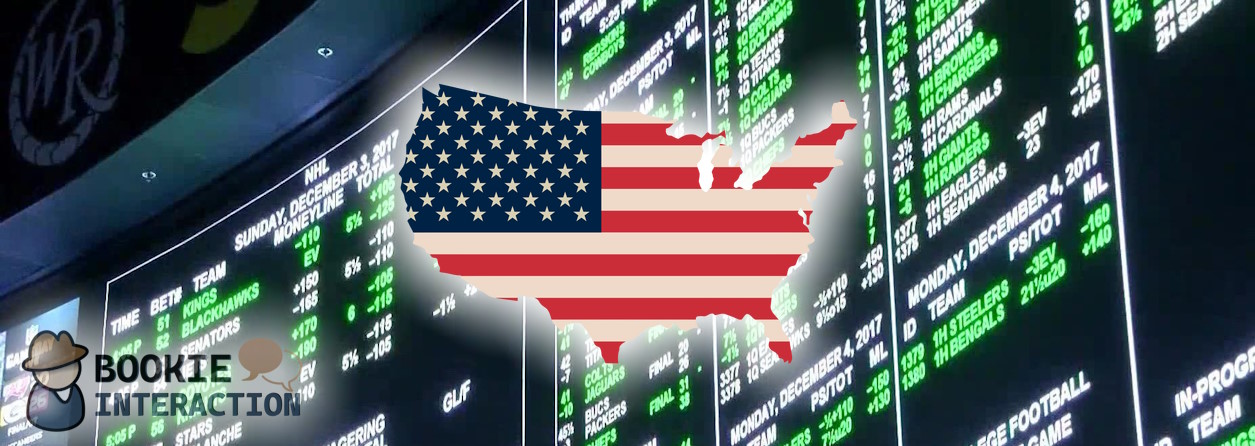Missouri became the 39th US state to regulate sports betting. Last week, voters in the state voted to approve Amendment 2, the Missouri sports betting measure. The measure mandates that state officials establish the sports wagering market by December 1, 2025. However, the launch might come sooner than that date.
When might we expect it? By January, residents may be able to legally gamble on the Kansas City Chiefs, who have won the Super Bowl two consecutive times. According to pay per head reviews and news sites, only the Chiefs remain unbeaten this season among the 32 NFL teams in the league.
Indeed, Kansas City citizens voted “yes” on the ballot issue by a margin of 64% to 36%, the most significant support in the state. Jeremy Kudon, president of the Sports Betting Alliance, lauded the group’s “diverse coalition” of backers.
Missouri Sports Betting
 DraftKings and FanDuel combined spent over $40 million promoting the vote, even though both companies stood to gain millions of dollars in income from its approval. Caesars, whose executives had anticipated just one license for operators like them with several casinos in the state, contributed the lion’s share of the opposition’s funding. Nevertheless, Caesars’ spending binge abruptly halted following clarification from the Missouri Gaming Commission a few weeks ago about licensing all thirteen casinos, not just the six operators.
DraftKings and FanDuel combined spent over $40 million promoting the vote, even though both companies stood to gain millions of dollars in income from its approval. Caesars, whose executives had anticipated just one license for operators like them with several casinos in the state, contributed the lion’s share of the opposition’s funding. Nevertheless, Caesars’ spending binge abruptly halted following clarification from the Missouri Gaming Commission a few weeks ago about licensing all thirteen casinos, not just the six operators.
The result was much tighter than predicted, with the Secretary of State’s office announcing a favorable margin of just 7,486 votes out of 2.9 million voting for the sports betting proposition. This amounts to 50.1% of the vote in favor and 49.9% in opposition.
With that margin, a recount can be requested if necessary. On Wednesday, the political action organization that spearheaded the opposition to the ballot question—Missourians Against the Deceptive Online Gambling Amendment—indicated that its leaders had no intention of requesting that recount.
All but 18 of the state’s 114 counties cast a unanimous “No” vote. However, the comparatively large populations in and around the two biggest cities in the state—Kansas City and St. Louis—carried the vote to a narrow win.
Close Voting Results
Kansas City and St. Louis residents likely have become accustomed to placing their legal sportsbook wagers in neighboring Kansas and Illinois, respectively. Missouri loses out on “bonus” tax money when they do so. By 2025, that will have largely concluded.
Compared to surrounding states that have legalized sports betting, a lesser percentage of Missourians dwell on or near the borders of states like Arkansas, Iowa, Kentucky, Nebraska, and Tennessee, or even adjacent to Oklahoma. Additionally, the following states have not yet legalized sports betting: Alabama, Alaska, California, Georgia, Hawaii, Idaho, Minnesota, South Carolina, Texas, and Utah.
According to online gambling recommendations and news sites, Missouri’s sports betting measure allows professional sports clubs to launch team-branded mobile betting applications and open on-site sportsbooks at their grounds. For FanDuel and DraftKings, the most alluring portion of the vote is the section that states operators without a connection with a particular casino are allowed two licenses.
The proposed 10% sportsbook tax rate is lower than the national average. It would encourage operators to provide very profitable sign-up bonuses for gamblers. Because of its size, Missouri is a mid-sized state that might generate $4–$5 billion in yearly wagers.





